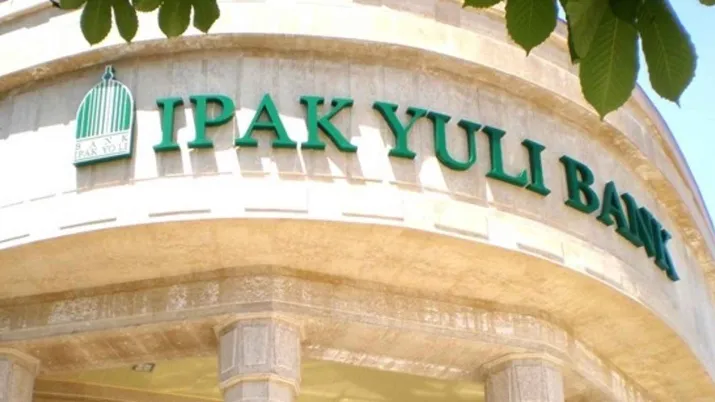Share the page
In Uzbekistan, Ipak Yuli is committed to the SMEs, with the support of Proparco
Published on

Proparco provides Ipak Yuli with a senior debt up to USD 30 million to support its MSME financing strategy, particularly in disadvantaged regions, and increase women’s access to the financial products offered by the bank.
Ipak Yuli Bank, which was set up in 1990, is the oldest private bank in Uzbekistan and the fourth largest private bank in terms of portfolio size. It has developed by focusing on the MSME segment, which remains underfinanced by the Uzbek banking sector. It also benefits from a number of partnerships with DFIs and MIVs (Microfinance Investment Vehicles), which enable it to strengthen this expertise.
The operation involves a USD 30m senior credit line to help Ipak Yuli increase its loans to microenterprises and SMEs. Ipak Yuli will allocate 40% of these funds to finance projects in disadvantaged regions. Finally, 10% of the amount of the credit line will be allocated to increase women’s access to the financial products offered by the bank.
This is Proparco’s second operation with Ipak Yuli. A bilateral loan of €30 million, signed in 2021, targeted already supporting the Uzbek SMEs.
“We are glad to renew our support to Ipak Yuli, a leading bank in Uzbekistan. This new transaction will enable the bank to strengthen its support for Uzbek SMEs, particularly those owned by women, and thus generate significant positive impacts in the country. This project is in line with Proparco's strategic objective of "Contributing to the reduction of inequalities", with a significant proportion of funds allocated to reducing territorial and gender inequalities".” said Stéphane Froissardey, Regional Director for Turkey, Caucasus, Balkans, and Central Asia at Proparco.
Saidabror Saydakhmedov, Chairman of the Management of Ipak Yuli stated that: “We highly appreciate the partnership between our Bank and Proparco, emphasizing the mutual commitment to supporting small and medium-sized enterprises (SMEs) and reducing inequalities, particularly in disadvantaged regions and for women-owned businesses. This collaboration aims to strengthen access to financial products and services for underserved segments of the population, contributing to economic growth and inclusivity in the country.”
Further reading
In Uzbekistan, Proparco supports Ipak Yuli Bank in its activities in favor of MSMEs and impact projects
The operation consists of a USD 30 million multi-currency senior credit line (available in USD or in Uzbek soum - UZS) granted by Proparco to support Ipak Yuli Bank in strengthening its credit offer d...
Published on november 23 2021

